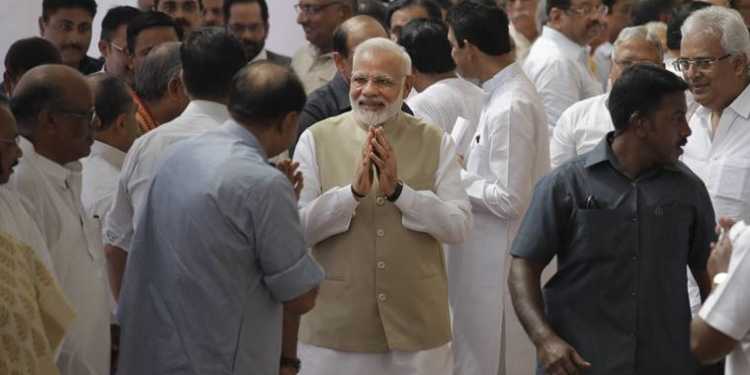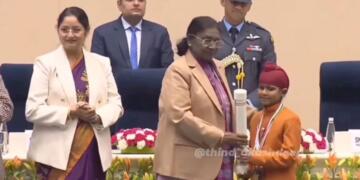The Parliamentary proceedings of 26th July 2018 shall go down in history as a red-letter day for Indian politics, as an issue, that should’ve been discussed and implemented long ago, has finally been considered. As India celebrated the victory at Kargil War of 1999, the Parliament for the first time became witness to the discussion of reservation on economic basis.
A boon for some but a bane to many, reservation has always been a tricky subject in Indian politics. As an issue it comes with the ‘handle with care’ disclaimer for it has the potential to make or break governments. Introduced as a policy to help the oppressed classes rise and contribute in the nation building along with the upper castes, the caste-based reservation soon turned into a malaise and a political gimmick. There was a provision for the review of the reservation process every 10 years, which was never implemented considering the massive political ramifications of it.
According to the provisions of the Indian constitution, as reiterated by the Supreme Court, no state can specifically keep the cap of reservation above 50% of its population. Yet, political parties, in order to cater to the demands of their alleged ‘voted banks’, have time and again violated this dictum for their own advantage.
Following the violent protests after the proposition to raise the reservation cap under Mandal Commission, the Supreme Court had to intervene and introduce the concept of ‘Creamy Layer’ for OBCs, where anyone beyond the prescribed annual income was not eligible for any benefits of the reservation.
Coming back to the Parliamentary proceedings, as the Economic Offenders Bill was passed in Lok Sabha by popular vote, the Central Government raised the proposition of providing reservation on economic basis. On the condition of anonymity, a senior Minister reported to the press, ‘This proposal has been discussed before in cabinet meetings, and though this discussion is on a primary level, it is soon to be drafted on a major scale, for which NDA is real serious.’
Though this discussion was done on a primary basis, the incumbent government is extremely serious on this issue, and following the controversial Maratha agitation, which has once again put Maharashtra in trouble, they want to bring an effective solution that could end such woes once and for all.
Legally speaking, this is a provision that should’ve been implemented long ago in our country. According to Article 46 of the Indian Constitution, under the Directive Principles of the State Policy, providing reservation to socially as well as ‘ECONOMICALLY BACKWARD’ classes of the society is the due responsibility of the government.
For those who are unaware, the BJP led NDA has been passively, if not actively in support of changing the parameters of the reservation, if not ending it. However, their motives have never been acknowledged in true spirit, given the culture of freeloading rampant in this country.
Only in 2015, RSS head Mohan Bhagwat and PM Narendra Modi during the election campaigns discussed the possibility of reviewing the parameters of reservation, which unfortunately backfired. Following a crafted agitation on alleged ‘INTOLERANCE’ against the minorities, the opposition, under the banner of Mahagathbandhan, swept the Bihar polls.
This proposal of reservation for economically backward is something that the previous governments have either ignored or deliberately hidden from the masses in order to further their selfish interests. Needless to say, in such a volatile situation, even the mere discussion of such a proposal, that could in one stroke, wipe out many woes of this nation, is nothing less than phenomenal. True, this proposal should’ve been implemented long ago, but better late than never!




























